
In his Guest Editor letter to our readers,
Canadian nutritionist Udo Erasmus talks about life,
and how to know if we are living up to its potential.
The LIFECO ARTICLES Index
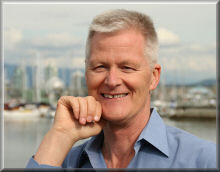
Nutrition expert Udo Erasmus
describes how by approaching
well-being from several different angles,
we can achieve total health.
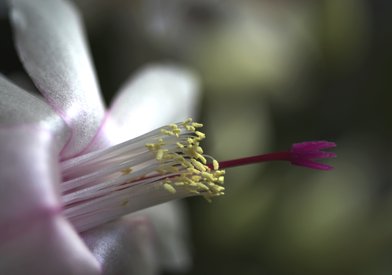 If we define health as wholeness, we cannot just talk about food and exercise. Wholeness involves all aspects of human nature: life, body, mind, and mood, as well as our social and natural environments.
If we define health as wholeness, we cannot just talk about food and exercise. Wholeness involves all aspects of human nature: life, body, mind, and mood, as well as our social and natural environments.
Each of these six aspects of health has a different nature and function. Each needs a distinct kind of attention and needs regular consideration. Each goes off in a separate way and causes a different kind of pain. Each aspect of health responds to a special kind of intervention.
This is the energy of life. Formless, the energy of life is indestructible, and unaffected by our physical condition, thoughts and beliefs, mood, or the state of either our social or natural environment.
Life energy is the standard of health. The closer we are to life, the more we feel the energy, and the less energy we lose to inner, as well as outer, mental conflicts and doubts.
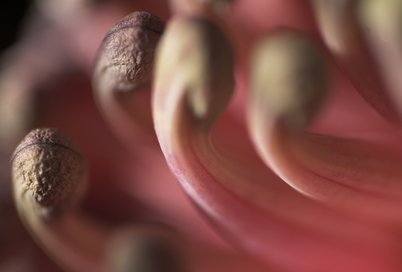
All the virtues are feelings embedded in the energy of life. True peace, love, contentment, surrender, freedom, beauty, joy, opulence, wisdom, integrity, health, abundance, calmness, presence, clarity, compassion, fulfillment, inspiration, kindness, patience, strength, purity, radiance, stability, trust, truth, and wholeness are feelings within our being.
The energy of life is our true being. Experiencing it makes both living and dying easier. We are not the body. We are life. When the body deteriorates, life is not affected. When they separate, the body is finished, but the energy we really are goes on like the drop that merges with the ocean. Not hanging on to a failing structure, but going with the energy makes our passage easier for us and easier for those who watch us make the transition. We can let them know that it and we are okay with the end of the body.
Body health is a highly organized construction site (body), which results from eating as close as possible fresh, whole, raw, and organic food, and from optimizing intake of the essential building blocks (20 essential minerals, 14 essential vitamins, 8-11 essential amino acids, 2 essential fatty acids), minimizing poisons (pesticides, plastics, industrial chemicals, pharmaceutical drugs, heavy metals, radiation, and damaged food molecules), detoxifying (breath, sweat, bowel, kidneys, and liver), and optimizing our digestion (digestive enzymes, probiotics, and fiber).
The planet’s health is an extension of physical health. Our planet is our larger body. Each of us is a living hair sticking out of the skin of that larger body.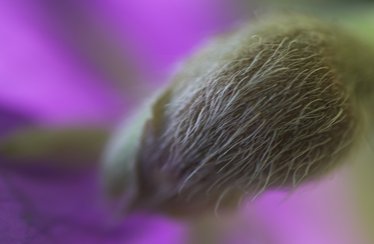
In our time, environmental health is primarily the result on us of the effect that we have had and are having on this planet. What we put out comes back on us. When we poison the planet, we eat the poison. When we burn fossil fuels, we destroy the oxygen we breathe.
When we destroy green plants, we destroy our food supply: minerals, vitamins, amino acids, fatty acids, fuel, antioxidants, plant-made medicines, enzymes, probiotics, and fiber. When we destroy green plants, water is lost from the soil. When we kill plants, we create water-less deserts. Killing plants is suicide.
Respect and gratitude for the home we have on this planet (our larger body) is essential for survival. We need to transform our selves from greedy killers to grateful gardeners.
This is a reflection of how we organize our thinking. When we realize that only ‘we’ exist on this planet and that there is no ‘they’ that we are separate from, our direction more easily turns to helping and healing than to judging, separating, and destroying. We cannot drill a hole in the other person’s end of our lifeboat because we have decided not to like that person. Judgment, disorganized and negative thinking and war are forms of mental illness.
Emotions are our body’s response to our thoughts. Mood health requires that we examine and disconnect the buttons by which our thoughts are anchored into our body in ways that do not serve us all. Most of these buttons are based in the contexts of our childhood. If we remember the context in which this anchoring took place, deliberately collapse these anchors by breathing our way through them, and re-set them with the planet and all of the plants, animals, and people (including us) on it in mind, we can re-wire our emotions. Healthy emotions come from living in a friendly universe, and lead to actions that support life. Unhealthy emotions come from living in an unfriendly universe, and lead to destructive actions.

This is about groups of people living together in or out of harmony with one another and with the natural environment. Most people accept unreasonable ideas and beliefs in order to fit into their group. Willing to accept unreasonable ideologies, they can also be easily convinced to think and act destructively for the sake of the group. This is what drives mob behavior.
What we do comes from how we feel, what we think, and what we say. What we do propels the entire planet toward survival or destruction. Social health requires that we acknowledge the value of each human being. We can address unacceptable behavior while still valuing the human being.
Our efforts to create wholeness are individual in the midst of it all. It is possible in spite of any obstacles around us, because wholeness begins with living aligned with life, from the feeling in the core (or heart) of our being. When we feel connected to our heart, we feel cared for by life. It is inherent in our nature to feel that. It’s ‘the’ big secret.
Feeling taken care of, we can see what needs to be done, rather than doing only what we think might get us to feel taken care of. When that feeling directs our thoughts about life and the world we live in, our habits concerning food and activities, and our relationship to the group and the planet, good things happen.
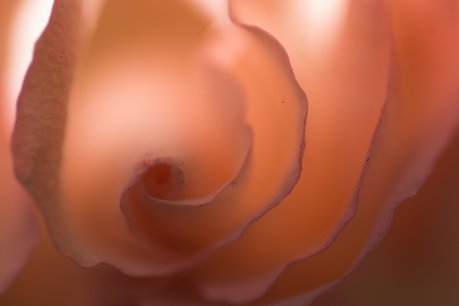
In other words,
wholeness is best pursued from the inside out,
beginning with our heart.